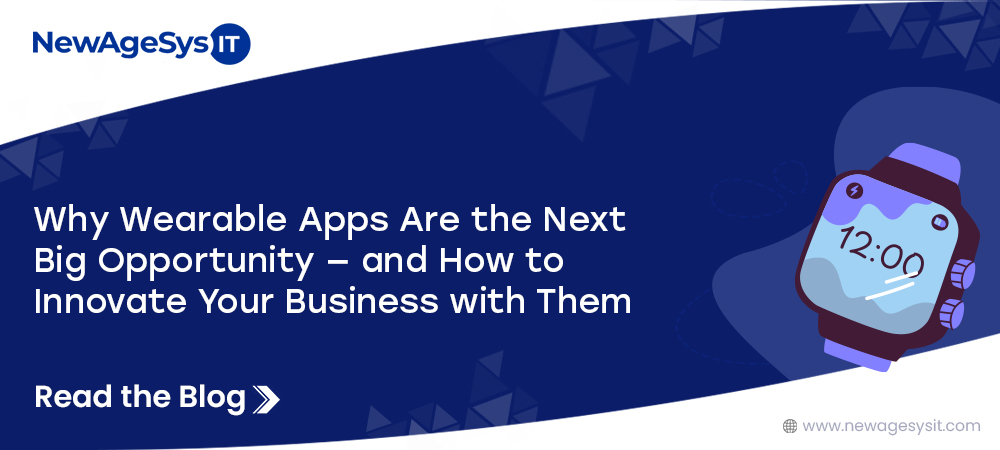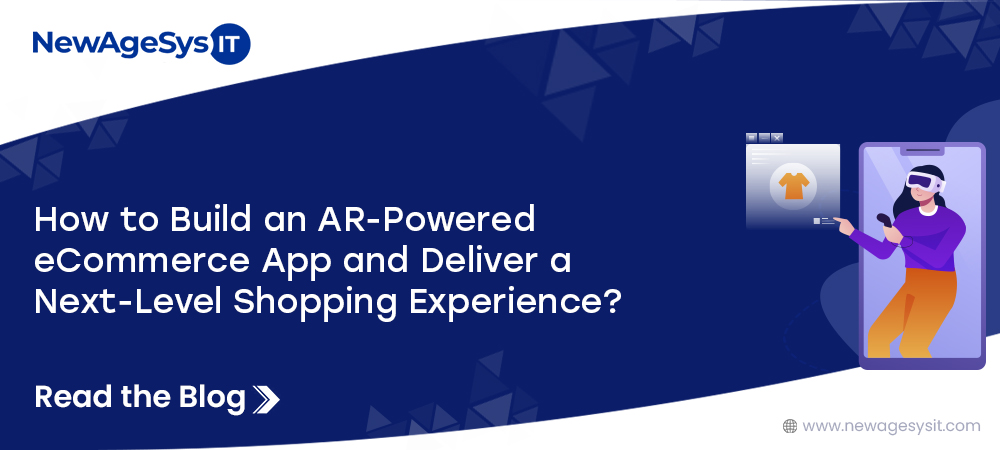Governments across the world have been embracing artificial intelligence technology to improve public services, increase efficiency and create space for innovation. This blog will look at Artificial Intelligence’s adoption by governments, and how it affects their operations, challenges governments face in adoption, and the advantages of its uses.
Understanding Artificial Intelligence Adoption by Governments
The integration of AI technologies into diverse areas of public life such as automation of different processes, improved decision-making and better service delivery to the citizens constitute the main objectives for government adoption of AI. From healthcare, education, safety, infrastructure among others; governments have adopted AI. In other words, governments embrace artificial intelligence have been driven by a desire for efficient, transparent and cheap services.
Key Areas of AI Adoption
Healthcare
In the healthcare field, predictive analytics helps in personalized medicine and administrative automation. Predictive analytics, a subset of Artificial Intelligence, can be used by governments to support patient care, optimize resources utilization as well as anticipate disease outbreaks. For instance, future health patterns may be identified by medics who use medical data analyzed by algorithms hence making healthcare plans forward looking.
Public Safety and Law Enforcement
AI technologies for improving public safety and law enforcement are being utilized. Surveillance crime prediction resource allocation among others are some ways in which governments have adapted use of artificial intelligence.AI powered systems could synthesize data from various sources enabling governments to detect possible threats thereby preventing crimes even proactively within communities.
Benefits of Embracing Artificial Intelligence
Improved Efficiency
One key advantage that comes with governments adopting artificial intelligence is enhanced efficiency through automation with reduced error level.Another example includes AI-powered chatbots which may answer routine inquiries allowing human resources to deal with more complex tasks.
Enhanced Decision-Making
With AI powered systems and tools, governments can analyze vast amounts of data and make intelligent decisions. In addition, there are insights which are not humanly possible and can only be achieved through the use of such technologies. This allows better decision making by governments as their policies become more informed and strategic towards their populations. Artificial intelligence in governments could exploit these findings as they address intricate obstacles for high impact outcomes.
Cost Savings
Governments can realize significant cost savings by adopting AI technologies. Automation minimizes operational costs, thus removing the need for manual labor. Additionally, there is always a possibility of inefficiencies being spotted out by artificial intelligence and finding ways where resources could be optimized hence further cost cuts. The resultant savings may then be applied in other important areas thereby improving general service delivery.
Challenges and Solutions
Data Privacy and Security
Challenges associated with the use of artificial intelligence relate to data privacy and security requirements. Thus strong measures must be put in place by governments against unauthorized access or spread of sensitive information. Governments therefore have implemented stringent data protection regulations including advanced encryption techniques to enhance this aspect. Ensuring privacy as well as security of data enhances public confidence about their information safety.
Ethics
There are again other ethical considerations in AI. Governments must make sure that AI is used fairly and does not reinforce biases or discrimination. Outlines for ethical standards in dealing with such concerns are very necessary. Trustworthy AI systems which explain how they come to a conclusion can as well enhance public trust and ethical use as well.
Examples of AI Adoption around the World
Singapore
Singapore is a prominent example of governments embracing artificial intelligence. The country has implemented AI in various sectors such as healthcare, transportation and safety. Singapore’s Smart Nation initiative uses AI to enhance people’s lives while also growing the economy. Furthermore, Singapore is leading globally when it comes to adopting AI due to its responsive government.
Estonia
When it comes to embracing AI, Estonia is another country that is leading this effort. The Estonian government has fused this technology with its digital infrastructure thus making sure that online services are available to its people without any glitches. From digitally verifying identities to predictive maintenance of public infrastructures everything is automated using Artificial intelligence in Estonia. This commitment to AI has made it one of the most digitized nations on earth.
United States
The United States has been a big player in terms of AI adoption by governments. Many federal and state agencies use artificial intelligence which can be applied in areas ranging from national security all the way to public health. The Department of Defense uses AI as a part for predictive maintenance on equipment and analysis on threat data while the Department of Health and Human Services utilizes AI for predicting and managing trends in public health . A clear indication that the U.S government values AI initiatives such as the American AI Initiative that encourages researches related to development of artificial intelligence.
South Africa
South Africa is beginning to see value in embracing artificial intelligence so as they can deal with their unique problems. The South African government employs AI solutions to improve public service delivery as well as spur economic growth. For instance, smart agriculture uses Artificial Intelligence technologies which optimize crop yields through resource management among others. Additionally, there are plans on using artificial intelligence based solutions for improving public safety, healthcare provisions which will enhance living standards among its citizens.
Conclusion
By embracing AI, governments stand a chance of changing delivery of public services and making them more efficient. Governments can enhance their decision-making abilities, reduce costs or deliver better services to their citizens through integration of AI technologies. However, addressing concerns about privacy, security and ethics regarding data usage is crucial in ensuring responsible use of AI.
At NewAgeSysIT, we specialize in integrating AI into Software Solutions. Our proficiency will help governments and organizations leverage Artificial Intelligence for maximum benefits. Jointly with us, you can explore innovative AI based solutions transforming public service delivery resulting from this positive approach.
To explore further about AI and its applications, have a look at our complete guide on integrating AI into Software Solutions. Contact us to discover how AI can transform your business operations in the age of digitalization.








